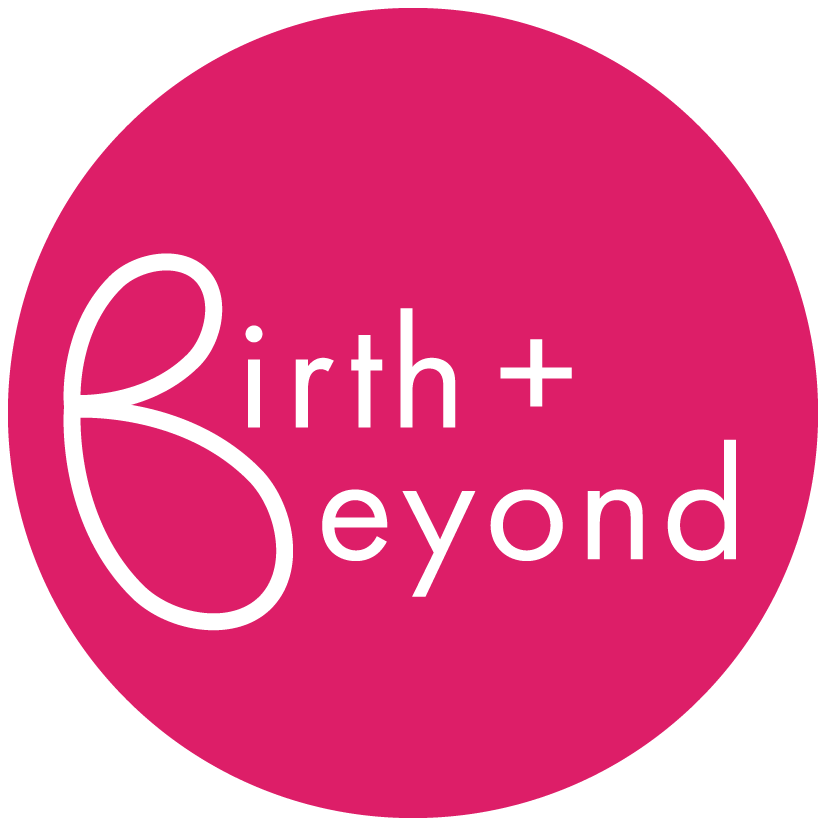It’s World Maternal Mental Health Awareness Day today, and throughout my social media is a real sense of movement and hope, a growth of discussion and awareness of support.
Yet oddly I find myself feeling a bit out of synch with it all. Wondering if this sense of positivity is reaching the people who are in despair? Wondering whether the messages are going to reach the people who need to hear them?
And this made me think about how difficult it can be to express thoughts and feelings that aren’t positive. That don’t go with the flow. That aren’t what everyone wants to hear.
Yet we do this to mothers a l l t h e t i m e…
Think about what your idea of a good enough mother is. Not a perfect one, just a good enough one. She probably laughs about how annoying her kids are, but actually she loves them really. She maybe talks about how desperate she is to get away from them, but how she misses them when they’re not there. She probably drops everything and runs towards her kids when they hurt themselves. She can accommodate the personal costs of being a mother with the joy of the relationship with her kids.
Where does this leave the mothers who feel as though they hate their kids? Where does this leave the mothers who wonder if they’ve made a massive mistake by becoming a parent? Where does this leave the mothers who wish that their child would just shut the f**k up? Where does this leave the mothers who are glad when someone else is looking after their child and they don’t miss them at all? Where does this leave the mother who really doesn’t care if their baby is crying, they just can’t be in the same room as them?
Guilty.
And I wonder whether we can ever manage, as a society, to give up our ideas that mothers who have the capacity to be good enough will not have these thoughts and feelings.
In ‘Mother, Madonna, Whore’ psychiatrist Estella Weldon says:
“Mothers are expected by society to behave as if they had been provided with magic wands which not only free them from previous conflicts, but also equip them to deal with the new emergencies of motherhood with skill, passion and dexterity. Why is it so difficult fro us to see that, for some women, motherhood intensifies their previous problems to the point where they are unable to cope any more? They know nothing about babies, except that with their arrival they are supposed to find fulfilment and happiness, even if there is also some distress and practical inconvenience. Fulfilment and happiness often are achieved, but sometimes unconsciously an old, painful experience resurfaces.”
A woman came to me recently, and talked about how she had been traumatised by the hospital following protocol and laying her baby on her for some skin on skin soon after birth. She was lying there shaking, having surgery, and despite the opiate induced haze, she still had a very strong sense that the best place for her baby was NOT with her. Yet she felt that to say that she didn’t want her baby with her would have marked her out as a bad mum, despite the fact that actually it was possibly her awareness of what her child needed (emotional security, someone who could actually catch him if he fell) that made her feel that.
Another woman spoke to me about how she asked for some help with her sons when they were at primary school, as they were very unruly and she was becoming increasingly isolated as no one would invite her family over to play. The social worker she was in contact with suggested she write a diary, with little guidance, and she duly wrote down everything she felt for the next two weeks. Her children were promptly taken away, as she had written down how at times she had wanted to hit her sons she felt so angry with them, and how there were days when she just thought about leaving the house and walking away. It took 6 months before her children were returned to her.
Looking at some of the comments after a piece in the Guardian in 2015 about mothers who wish they’d never had children, I am struck by how hard we find it in our society to accommodate a woman who has ‘negative’ feelings about motherhood (whether she is a mother or not). We have to explain away her feelings in some way, rather than just accept them as part of the package.
How would it be to accept that mothers might hate their kids? That mothers might resent their children? That mothers might be so furious and upset they want to smash their babies faces?
I believe that not being able to accept these kinds of ‘unmotherly’ thoughts and feelings does everyone a disservice. Because if we can accept these thoughts and feelings as being a real part of motherhood for many women, then we can support them and their children. So for me, this is my hope on Maternal Mental Heath Awareness Day, that we can allow the less shiny side of motherhood to become acceptable and therefore help more women feel able to get whatever support they need.

